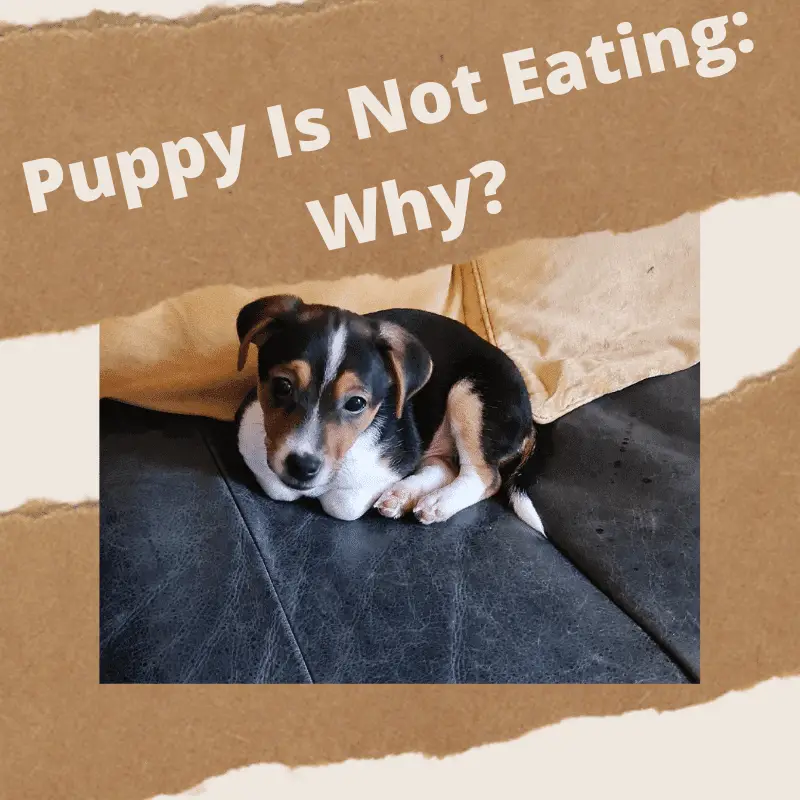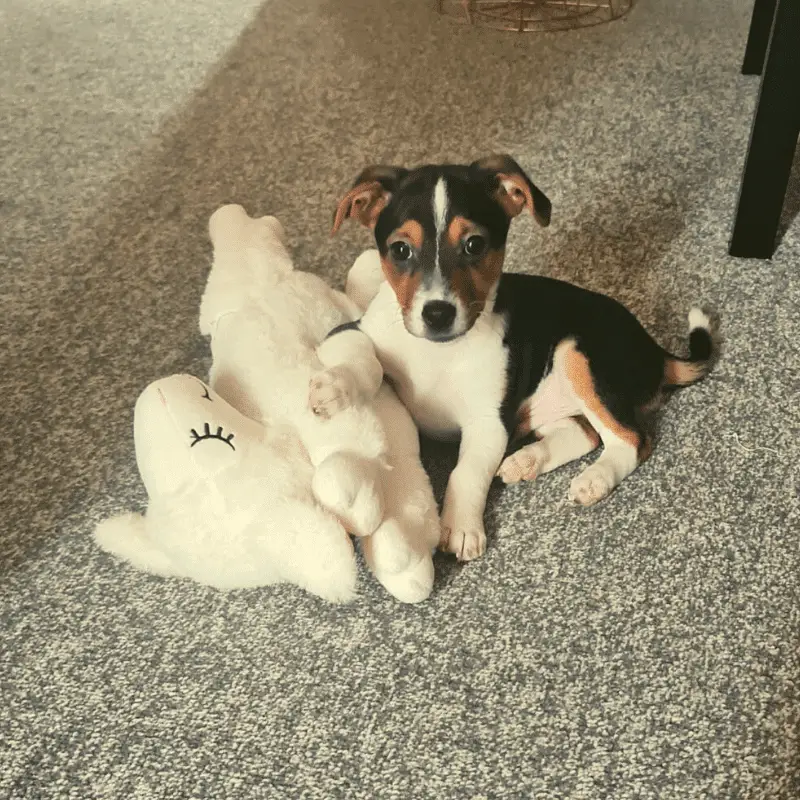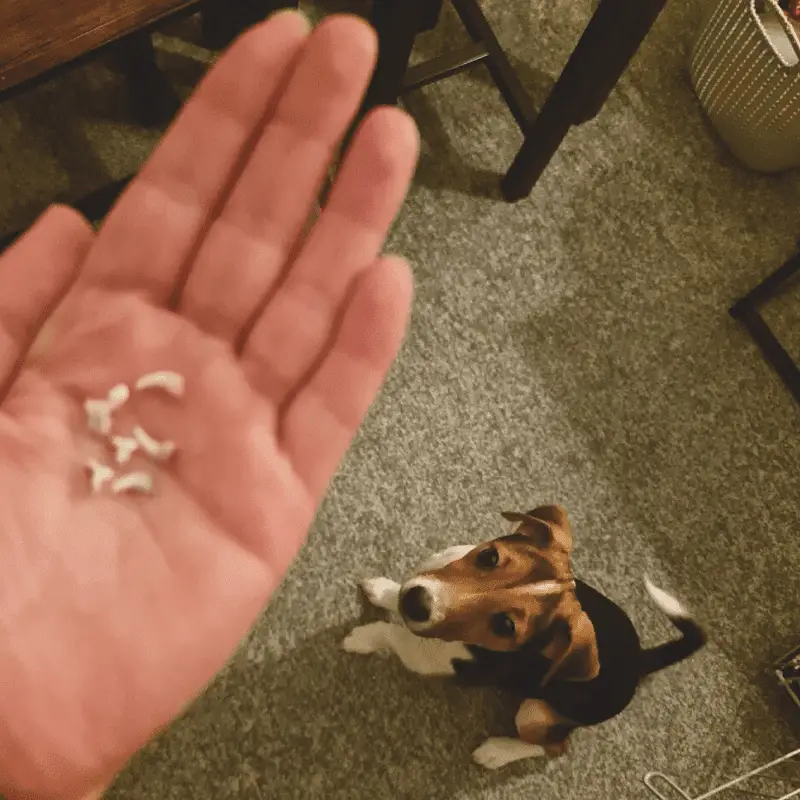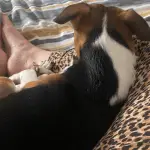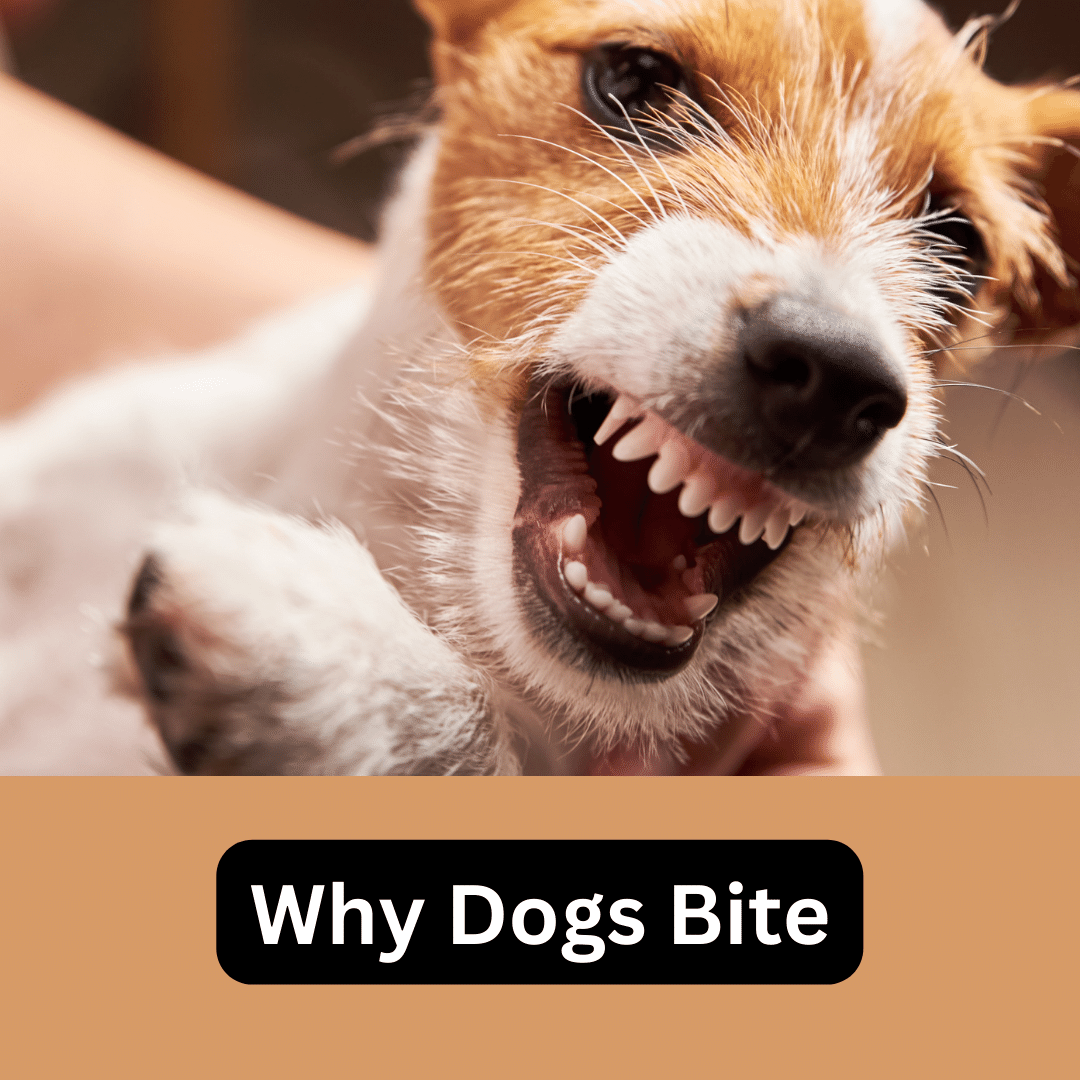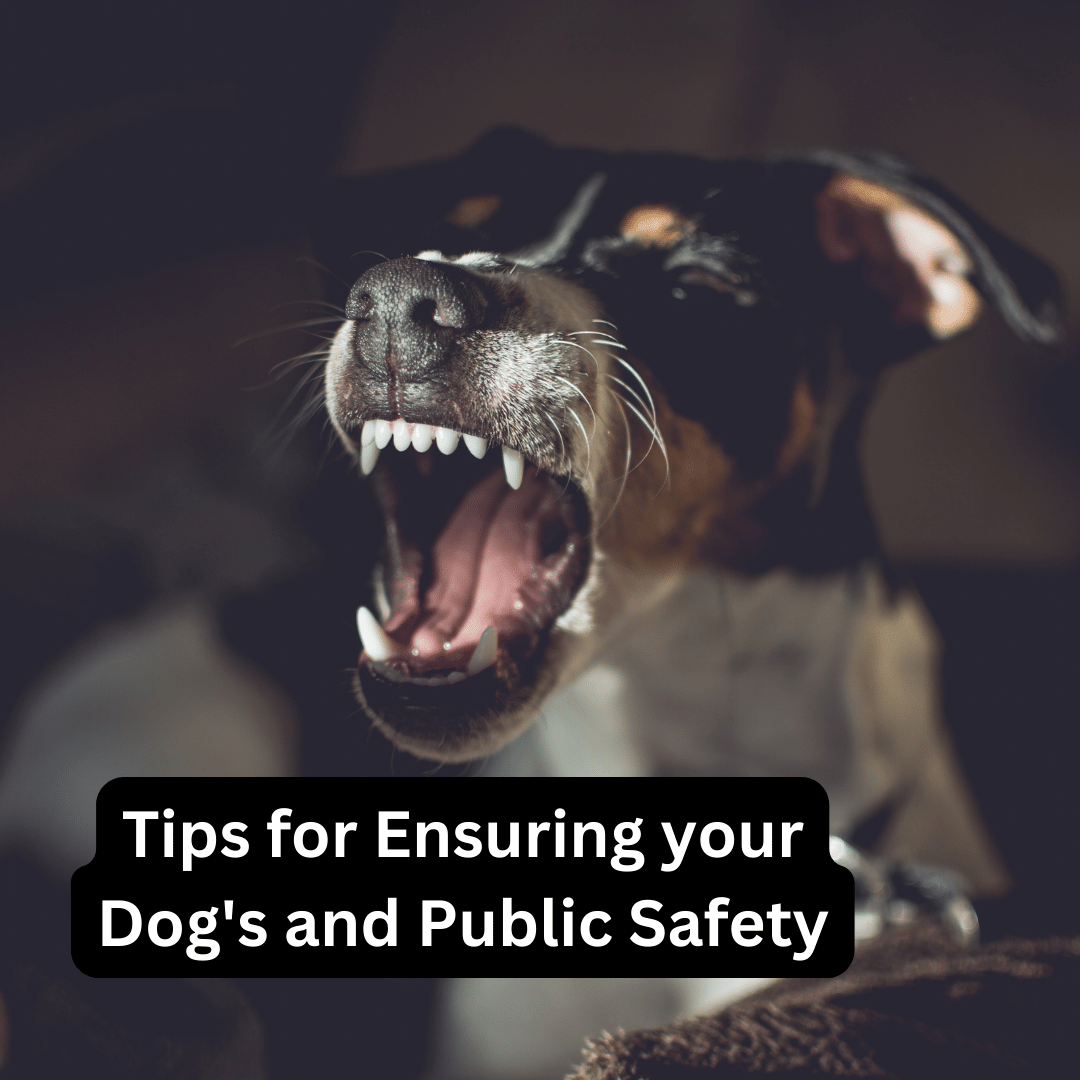When I took home my puppy, his appetite was immense. Usually, when a puppy is with its siblings, the food is gobbled because the stronger puppies will take the food away from the weaker ones. For an 8-week-old puppy, not eating is a concern because it means they are not getting the vital nutrients they need.
An 8-week-old puppy could have a reduced appetite for various reasons such as stress, change in environment or diet. However, monitoring their behaviour and ensuring they drink enough water is important. Consulting a veterinarian is recommended if the problem persists for more than a day or two. Additionally, introducing new food gradually and creating a calm eating environment can also help stimulate their appetite. Overall, being patient and observant while providing proper care can help resolve this issue with your furry friend’s health.
If your puppy experiences vomiting, exhaustion or diarrhoea, and a loss of appetite, it is important to take them to the vet.
What To Do
Some suggestions are below if your puppy is still fine and acting normal. However, you would need to implement these as soon as possible. Due to each passing day, for a puppy this young to miss out on vital nutrition is serious. It can have lasting effects on your dog’s health into adulthood.
- You can try changing their food to a different food brand and flavour and see if this gets their appetite back.
- If you feed your puppy kibble, try changing it to wet food. Kibble can be a bit hard for puppies to eat, especially when they are teething or not used to it.
- Try some boiled chicken to see if this prompts your puppy’s appetite.
- Consider their surroundings at meal times. Are the kids running around, or is it in an unfamiliar place? Try finding a nice and quiet spot to feed your puppy.
When To Seek Help
If you have tried the above, and it’s been 24-48 hours with no food, your next step is to take your puppy to the vet regardless of any tell-tell signs of illness.
For an eight-week-old puppy to miss out on meals is quite a worry.
Dont leave your puppy any longer! As mentioned below, some more severe health issues are a possibility.
A vet will examine and help your puppy and give you answers about why they are not eating and a hopeful solution.
- Intestinal Blockage
- Object stuck in the roof of the mouth.
- Internal Injury
- Diabetes
- Canine parvovirus
- Infection
As you can see so many other possibilities, I could list several; however, you should now be taking your puppy to the vet at this stage.
Puppy Sickness Signs
Some signs that a puppy may be sick include being lazy, feeling dizzy, not wanting to eat, vomiting and having diarrhoea, whimpering more than usual, and licking or scratching themselves more than expected.
When food has been offered and not eaten in 24 hours, puppies have a high appetite, and it’s not often that puppies go off their food, especially in the first few months of their lives.
Puppies love their food. There aren’t many puppies that won’t eat up all their food at mealtime. However, puppies can get bored of the same food, especially if they have tried more exciting foods and are in their later months or weeks of puppyhood. Try to encourage variety in your puppies’ diet plan.
Key Points
- It’s been more than 24-48 hours with no food. Seek help from a vet
- If signs of sickness and loss of appetite, seek help from a vet.
- Encourage appetite by changing food and creating a more peaceful place to eat.
- Puppies need their food to get all the nutrients that they need. Missing one meal won’t hurt them, but 3 or 4, then this is a concern.
Conclusion
We know that puppies can experience a loss of appetite during their initial days in a new environment. However, if this continues for more than 24-48 hours max or if there are other symptoms like lethargy, vomiting, or diarrhoea, it could indicate an underlying health issue that requires immediate veterinary attention. In such cases, pet owners should avoid force-feeding their puppies and instead try to entice them with tasty treats and food items. Additionally, ensuring that the puppy has access to clean water and keeping its feeding area quiet and stress-free can also help stimulate its appetite. Overall, being observant about any changes in your puppy’s behaviour and seeking professional advice when necessary can go a long way in ensuring its overall well-being.

